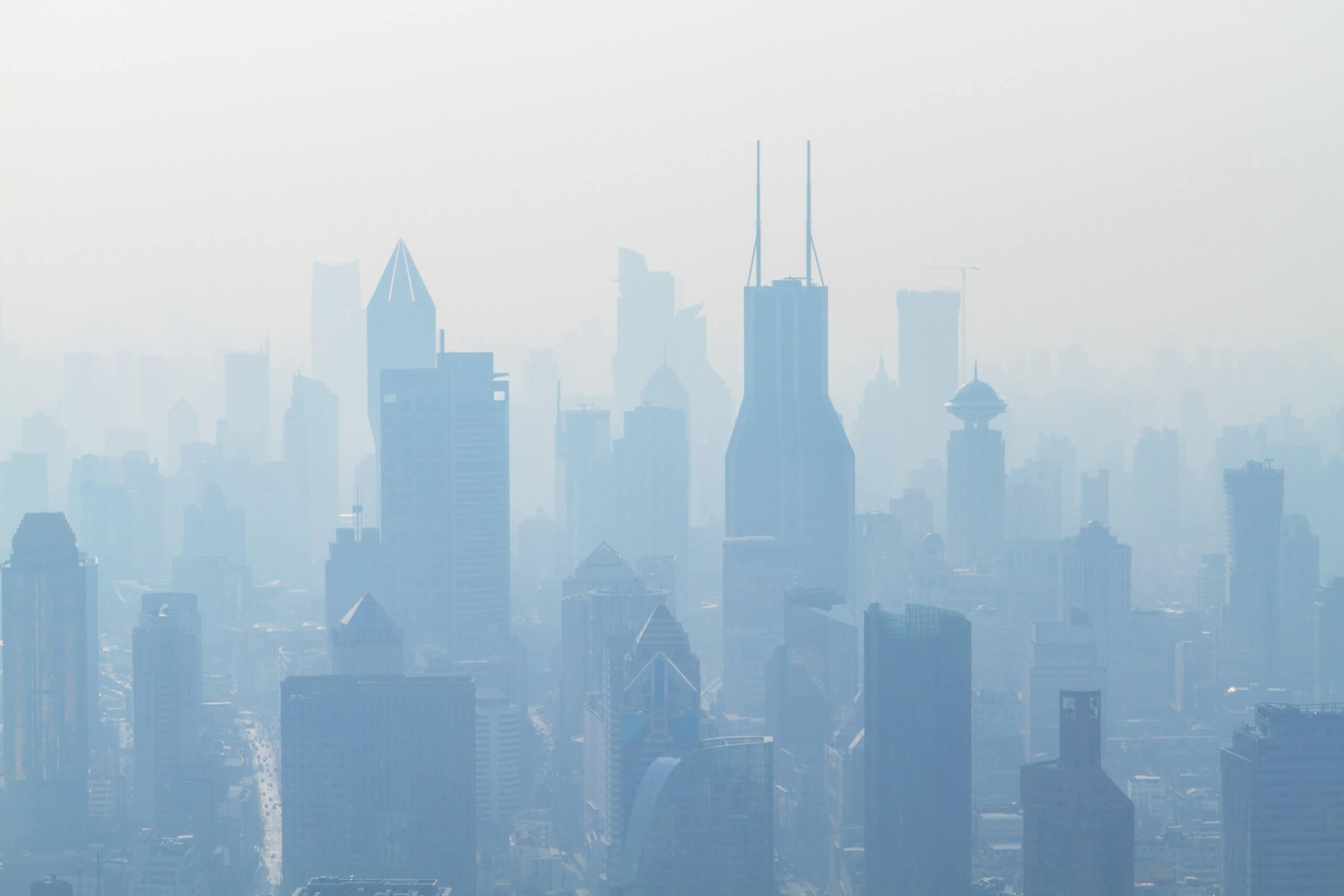Air pollution affects just about all of us. It’s a largely unavoidable daily toxin exposure that we can only hope doesn’t wreak too much havoc. However, it’s an even more pressing concern for babies in their first six months of life. Researchers at the University of Colorado reveal a link between inhaled pollutants, such as those from industrial waste and cars, and harsh changes in the gut bacteria of infants.
Previous studies have shown similar associations between air pollution and gut health. “This study adds to the growing body of literature showing that air pollution exposure, even during infancy, may alter the gut microbiome, with important implications for growth and development,” says senior author Tanya Alderete, assistant professor of Integrative Physiology at CU Boulder, in a statement.
The researchers conducted this study by collecting 103 stool samples from healthy, mainly breast-fed Latino infants enrolled in the Southern California Mother’s Milk Study. They used genetic sequencing technology to analyze the samples. They then used street addresses and data provided by the U.S. Environmental Protection Agency’s Air Quality System and estimated exposure to PM2.5 and PM10, which are fine particles that are easily inhaled from factories, construction areas, car fumes, and wildfires.
“Overall, we saw that ambient air pollution exposure was associated with a more inflammatory gut-microbial profile, which may contribute to a whole host of future adverse health outcomes,” says Alderete.
A clear example of what she is referring to is demonstrated in their finding that infants with the highest exposure to PM2.5 particles had 60% less Phascolarctobacterium. This is a healthy gut bacterium that supports gastrointestinal health, neurodevelopment, and keeping inflammation at bay. Additionally, those with the highest exposure to PM10 had 85% more of the bacterium Dialister, which promotes inflammation.
This study drives home the idea that disadvantaged community members are at the most risk. A previous study published by Alderete found that Latino pregnant women exposed to air pollutants consistently throughout their pregnancy end up giving birth to abnormally fast-growing babies within the first month postpartum. This puts these babies at much higher risk of obesity and obesity-related diseases beyond infancy.
Infants also have different breathing patterns (often much quicker), which leaves their gut more vulnerable to changing for the worse if they breathe these toxins in often.
Alderete and team agree that their findings continue to support that new public health measures are necessary, especially in neighborhoods with majority people of color and low-income populations. They also warn that this is a developing area of research that requires more studies. As of now, they recommend avoiding walking outdoors in areas with lots of traffic, opening windows when cooking, breastfeeding as much as possible, and looking into an affordable air filtration system to put in rooms that children spend lots of time in.
This study is published in the journal Microbes.
